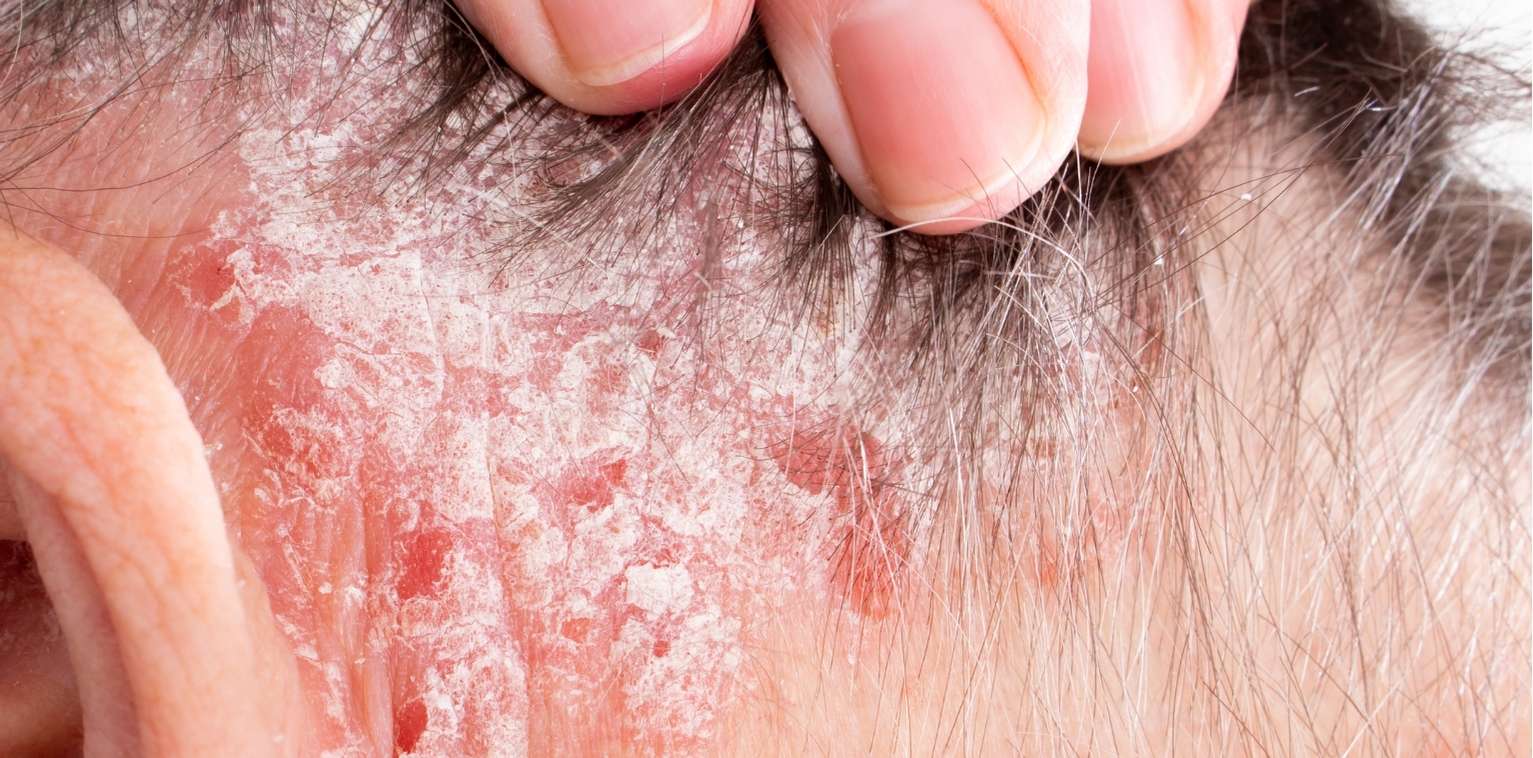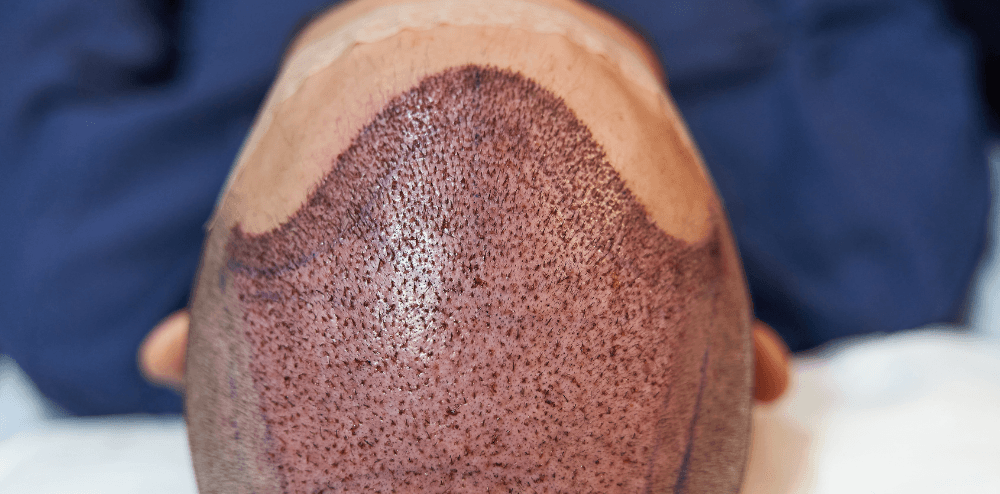Understanding the Link Between Eczema and Hair Loss and How a Hair Transplant Can Help
Many people are affected by eczema, a chronic skin disease that results in dry, scaly patches, intense itching, and discomfort. If unattended, it may progress and result in thickened skin, exposed wounds, and a variety of other symptoms. In this article, we’ll talk about a particular kind of eczema called hair eczema, how it’s related to hair loss, and what you can do to assist with both problems.
What is Eczema?
Atopic dermatitis, also known as eczema, is a chronic skin disease that causes dry, itchy, and red patches of skin. Eczema’s precise cause is unclear, but it is thought to be a result of genetic and environmental factors. Exposure to harsh compounds like those found in detergents, soaps, and perfumes, as well as specific plant and animals, exposure to strong sunlight, and specific medicines, can all act as eczema triggers.
Hair Eczema: An Overview of the Disease
The skin is one of the places where eczema is frequently observed. Seborrheic eczema, also known as hair eczema, is the name of this kind of eczema. It exhibits signs like an increase in hair oiliness, the onset of dandruff issues, inflamed skin, and severe itching. These signs may be more obvious in the cold.
Eczema’s Relationship with Hair Loss
Eczema that affects the scalp can harm the hair follicles and prevent hair development. Hair loss may result from this. People who have hair eczema may scratch their scalps because of the intense itching they experience, which can worsen the issue of hair loss and further harm their skin.
Getting Help: Treatment for Eczema and Hair Loss
Anyone with seborrheic dermatitis (eczema) should make an appointment with a dermatologist in order to receive a correct diagnosis and treatment strategy. The duration of eczema treatment should be between 7 and 15 days and may include medicine and cortisone therapy. A dermatologist should be contacted once more after the procedure is finished to decide whether a hair transplant is the best course of action.
Eczema and Hair Transplants
A hair transplant can be taken into consideration after eczema has been addressed. Hair follicles are moved from one head region to another during the procedure. People who experience hair loss due to dermatitis can use it safely and successfully.
To guarantee you get the best outcomes, you must consult with a doctor who has performed hair transplants before. The form of eczema known as “hair eczema” affects the scalp and can result in hair loss. Get a proper diagnosis and treatment plan from a dermatologist in order to address both eczema and hair loss issues. Hair transplants can be explored as a hair loss treatment after eczema has been treated. Consult a specialist to find out the best course of action if you are losing your hair because of eczema.







